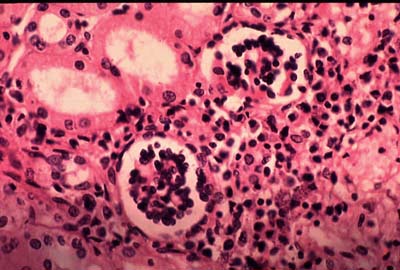Hospitals overcrowded with kala-azar patients
POST REPORT
SARLAHI, April 5 - With increasing number of kala-azar patients that include a majority of Indians, district hospitals, are struggling to cope with the huge influx of patients. Due to lack of beds, they are being treated in the corridor.
The 15-bed district hospital in Sarlahi is treating 25 patients at present. Of the total, 15 are Indians. "When we said there is no space in the hospital, they started sitting in the corridor," said Dr Murari Prasad Upadhyaya, the medical officer at the hospital. According to him, two children are being treated on a single bed.
Since medicines for Kala-azar patients are not free of cost in India, the hospital is seeing a high number of Indian patients. Nepal provides free medicine. Moreover, due to lack of space, many patients are forced to return home without treatment. Some are being asked to come on particular dates when occupied beds will be vacant.
Meanwhile, a report from Mahottari said the number of patients admitted at Jaleshwor Hospital has reached 27. Of them, 19 patients are below 10. Due to lack of beds, patients are getting treated on the floor in the 25-bed hospital. "The pressure will go down if Indian patients stop coming," said Dwarika Prasad Sah, the only doctor in the hospital. Currently, 15 Indians are getting treatment in the hospital.
Posted on: 2007-04-05 21:55:36 (Server Time)
POST REPORT
SARLAHI, April 5 - With increasing number of kala-azar patients that include a majority of Indians, district hospitals, are struggling to cope with the huge influx of patients. Due to lack of beds, they are being treated in the corridor.
The 15-bed district hospital in Sarlahi is treating 25 patients at present. Of the total, 15 are Indians. "When we said there is no space in the hospital, they started sitting in the corridor," said Dr Murari Prasad Upadhyaya, the medical officer at the hospital. According to him, two children are being treated on a single bed.
Since medicines for Kala-azar patients are not free of cost in India, the hospital is seeing a high number of Indian patients. Nepal provides free medicine. Moreover, due to lack of space, many patients are forced to return home without treatment. Some are being asked to come on particular dates when occupied beds will be vacant.
Meanwhile, a report from Mahottari said the number of patients admitted at Jaleshwor Hospital has reached 27. Of them, 19 patients are below 10. Due to lack of beds, patients are getting treated on the floor in the 25-bed hospital. "The pressure will go down if Indian patients stop coming," said Dwarika Prasad Sah, the only doctor in the hospital. Currently, 15 Indians are getting treatment in the hospital.
Posted on: 2007-04-05 21:55:36 (Server Time)

Comment